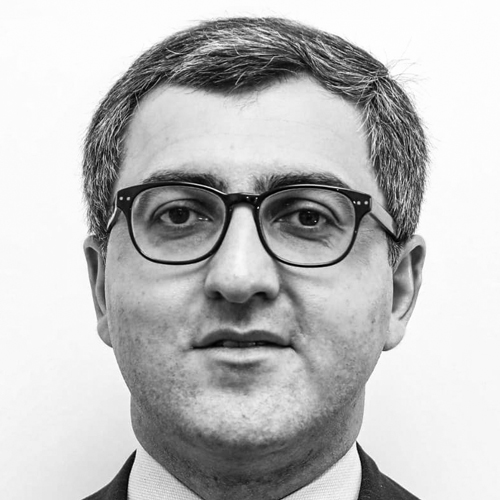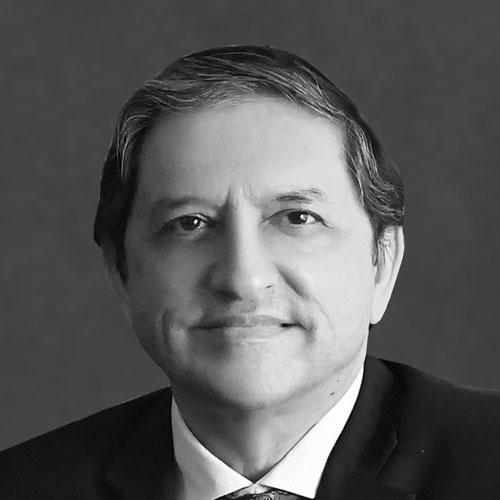In a world still emerging from the Covid-19 pandemic, the war in Ukraine has upended the fragile recovery of the global economy, which is now grappling with a sharp deceleration in growth. This sharp slowdown in growth, coupled with rising inflation, is reminiscent of the ‘stagflation’ witnessed in the 1970s. While both rich and poor countries are being hit by the growth slowdown, developing and emerging economies are more vulnerable. Rising inequality within and among countries and security challenges exacerbate the risks of divisions and restrain economic and social development. Finding viable solutions to reduce the gap between rich and poor has become a strategic imperative for governments, regional bodies, and international organisations. Soaring prices driven by rises in energy bills, transport costs and food prices are affecting households and central banks alike, multiplying the challenges facing lawmakers. Many countries are experiencing multi-decade highs in their inflation rates as pandemic-related supply chain disruptions push up prices, exacerbated by geopolitical tensions. Russia’s invasion of Ukraine has also set off an energy crisis, particularly in Europe. How can we ensure that financial systems move from commitment to action? To reduce the risks of history repeating itself, what can we learn from comparable situations in the past? This session will address the headwinds and tailwinds facing the global economy and explore a broader set of foundations for growth to ensure long-term economic prosperity.
Discussion Themes
What are the headwinds and tailwinds facing the global economy post-covid?
How can we develop effective policies to help boost the global economy?
How can governments, regional bodies, and international organisations mitigate the challenges the global economy is facing in the post-pandemic period?
How can the economic outcomes of the global energy crisis be handled effectively?
What are the new challenges and dynamics of post-pandemic supply-chains?
What methods can national economies apply to protect themselves from global inflation?



